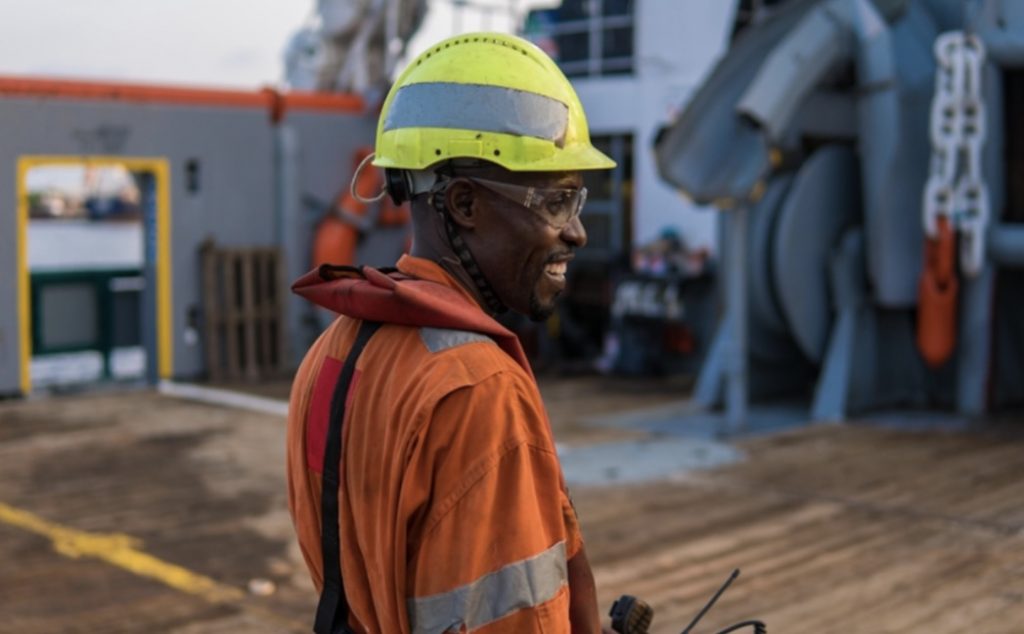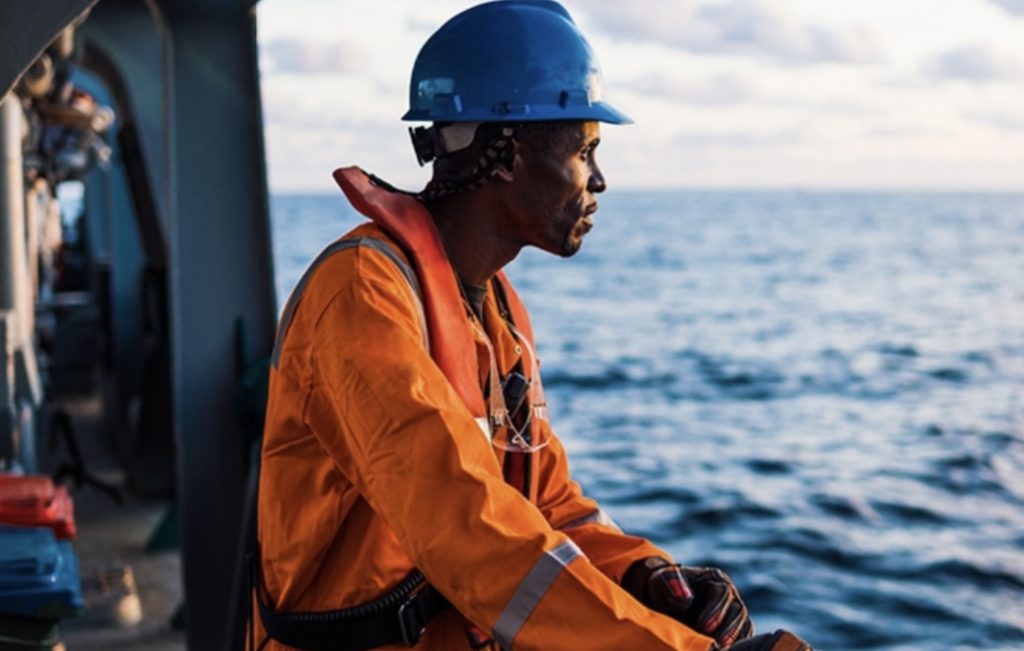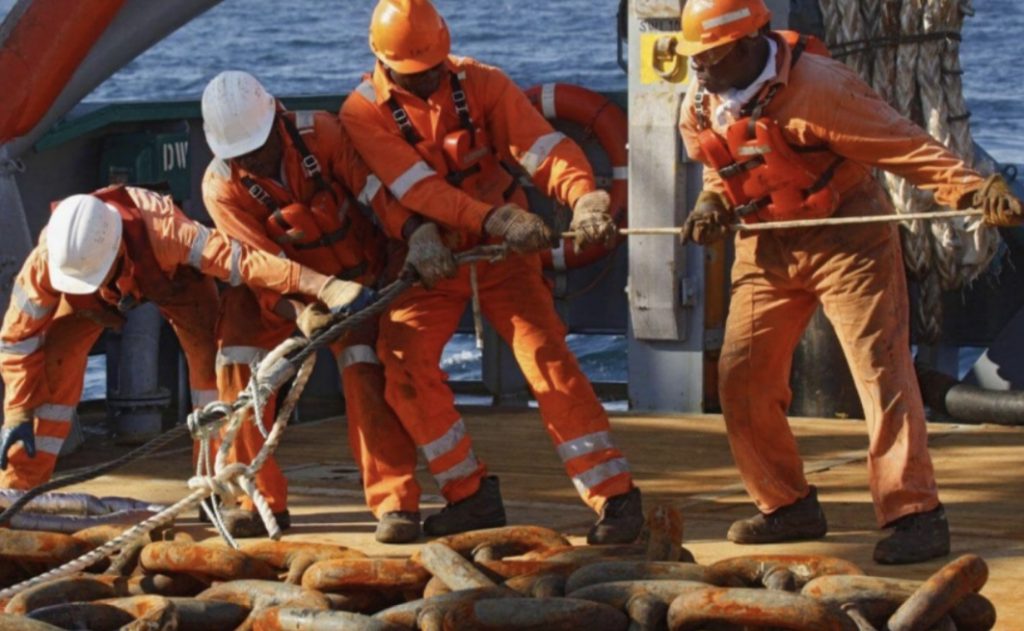The psychology of an individual is in direct correlation with his/her surrounding environment. An individual finds complete comfort and wholeness in an environment of love and security.
Naturally when one is born. it is into an environment that fulfills all these; known as a family.
What happens when a person is moved out of such an environment? The psychological assurance that is associated with that environment is lost and the person must make a very conscious effort to re-build it in their new environment for their sustenance.
Now one will ask, what is psychology? What is it about psychology that makes its appreciation a requirement for a successful life?
 According to the American Psychological Association (APA), psychology is the study of the mind and behavior of an individual. APA also defines psychology as the collection of behaviors, traits, attitudes that characterize an individual or a group (e.g., the psychology of women). This shows clearly that psychology deals with the mind, and at the mention of the mind, Mental Health cannot be overlooked. These two terms are therefore interrelated.
According to the American Psychological Association (APA), psychology is the study of the mind and behavior of an individual. APA also defines psychology as the collection of behaviors, traits, attitudes that characterize an individual or a group (e.g., the psychology of women). This shows clearly that psychology deals with the mind, and at the mention of the mind, Mental Health cannot be overlooked. These two terms are therefore interrelated.
Also, according to the APA, Mental Health is a state of mind characterized by emotional well-being, good behavioral adjustment, relative freedom from anxiety and disabling symptoms, and a capacity to establish constructive relationships to cope with the ordinary demands and stresses of life.
So, what is the difference between Psychology and Mental Health?
Many people believe there is no difference between Psychology and Mental Health, and they are often regarded as being the same, just as their specialists are also perceived.
 A Mental Health expert is known as a Psychiatrist and an expert in Psychology is known as a Psychologist. The difference that comes to my mind when the two areas of human health are considered is that Mental Health is usually followed by the word ‘disorder’ whereas Psychological health does not often have that description.
A Mental Health expert is known as a Psychiatrist and an expert in Psychology is known as a Psychologist. The difference that comes to my mind when the two areas of human health are considered is that Mental Health is usually followed by the word ‘disorder’ whereas Psychological health does not often have that description.
Per the definitions stated above, psychology is the study of the mind. It is the investigation of human behavior, whereas Mental Health is a state of mind. The disorders in Mental Health have less effects on the psychology of a person, but lead to feelings like depression, anxiety, stress, inter-personal relationships, and many more.
Disorders in Psychology on the other hand have a significant effect on the mental health of the person, and often lead to mood swings, personality issues and behavioral issues.
 Let’s take a step back and talk a bit more about psychology. As defined earlier, psychology is the study of the mind, how it works, and how it affects behavior.
Let’s take a step back and talk a bit more about psychology. As defined earlier, psychology is the study of the mind, how it works, and how it affects behavior.
When in a safe, secure, and enabling environment, the mind of an individual is tuned to be productive. It helps to appreciate the different factors that can impact the human mind, behavior, health and general well-being of a person.
Psychology is therefore pivotal in the creation of safer and efficient workspaces in organizations and thereby helps to motivate people to achieve their goals and ultimately, improve productivity.
Mental health is important at every stage of life, from childhood through adolescence to adulthood. Low levels of mental health leads to ailments like depression, anxiety disorders, schizophrenia, eating disorders and addictive behaviors. Thus, mental health has a direct impact on the physical health of an individual.
For example, depression often increases the risk for many types of physical health problems like increased aches and pains, and particularly long-lasting conditions like diabetes, heart diseases, and stroke. Such Similarly, the presence of chronic conditions can increase the risk for mental ill-health.
The decision-making capabilities of an individual are based on the quality of his / her mental health.
In Nic Compton’s book “OFF THE DEEP END: A HISTORY OF MADNESS AT SEA”, he talks about the perils at sea and the effects of these on the mental well-being of people.
Nic in the book says that “Madness at sea is a largely hidden, unreported phenomenon. This is partly because, by definition, it takes place in an alien environment, away from society’s gaze, and only the most dramatic examples make the news. Many people have heard of Donald Crowhurst, the singlehanded sailor who became delusional and jumped over the side after faking his position in a round-the-world race, but few know about the dozens of merchant seamen ‘lost at sea’, every year without explanation, half of whose deaths are thought to be suicides. It’s also a little-discussed subject because of the more general stigma attached to mental illness.
Most people are quite happy to talk about their physical injuries in great detail, but rather more squeamish when something similar happens to their brain. Nowhere is this more the case than in the macho environment of a ship. Seamen are supposed to be tough, and it doesn’t do to show any form of weakness at sea – physical or otherwise. They’re typically a superstitious lot too, and in the past it was considered unlucky to have a madman on board – in the same way that it was unlucky to have a woman or a pig or a dead body on board. A sailor showing signs of mental illness was more likely to be thrown over the side than given a course of counselling.
He further goes on to highlight other reasons why seamen are more-than-usually susceptible to mental illness. “Then there’s the stress of travelling to unknown lands, far away from family and friends, facing unpredictable hazards, with no support mechanism other than your fellow crewmates. If you’re bonded within the group, then you’ll do fine, but if you’re on the periphery, then things are only going to get worse – much worse.
Even on a huge cruise ship packed with 3,000 or more passengers, it’s possible to feel claustrophobic, lonely and isolated – as testified by the hundreds of suicides on ocean liners.”
It appeared as if all of this was not enough. Then came the mighty blow of COVID-19. The issue of COVID-19 is a very dicey issue in trying to pin point which sector of the world was the worst affected; and I’m far from trying to do that.
But with the awful lot of abandoned psychological and mental health issues of seafarers, being hit by the COVID-19 pandemic was the worst ever form of “unconscious manslaughter” (for lack of a better word) in the history of the maritime industry.

In a news article published by Marine Insight on September 30, 2020, it reported that a Filipino seafarer by name Michael Dequito Monegro, stabbed a colleague seafarer to death 17 times with two knives. A paragraph of the article read “Monegro admitted to stabbing the victim repeatedly during an interview on the ship by two FBI agents, the affidavit states. It also states that the incident has traumatized some of the crew members who witnessed the attack.”
Lijung Tang, Sanley Abila et al, conducted a research project and published a paper titled “Seafarers’ mental health during the COVID-19 pandemic: An examination of current supportive measures and their perceived effectiveness.” The paper tried to examine the various support mechanisms developed for seafarers and their realistic impacts on them.
Lijung Tang et al. employed a mixed methods design involving qualitative interviews with 26 stakeholders and a quantitative questionnaire survey of 817 seafarers. A total of 22 mental health support measures were identified, all of which were perceived to have positively contributed to seafarers’ mental health. Their research highlighted the initiatives of organizations like Sailors’ Society and the International Seafarers’ Welfare and Assistance Network (ISWAN) to improve seafarers’ mental health using the Wellness at Sea mobile app and the Seafarer Help line respectively.
Recommendations made in their research included; companies prioritizing the provision of “facilitating timely crew changes”, , “provision of immediate family support”, “increase in Wi-Fi data allowance”, and “reduction of overtime hours”.
They also recommended that governments around the world should categorize seafarers as essential workers and prioritize inoculation.

“Overall, companies should improve their efforts to support seafarers’ mental health and wellbeing onboard and be flexible in their provisions to adapt to the needs of seafarers during crisis.” the paper recommended.
In conclusion, the maritime industry will be sitting on a ticking time bomb if it does not pay closer attention to the psychological and mental wellbeing of the seafarers it employs. A competent seafarer is skilled, fit, strong, and healthy in the brain.




